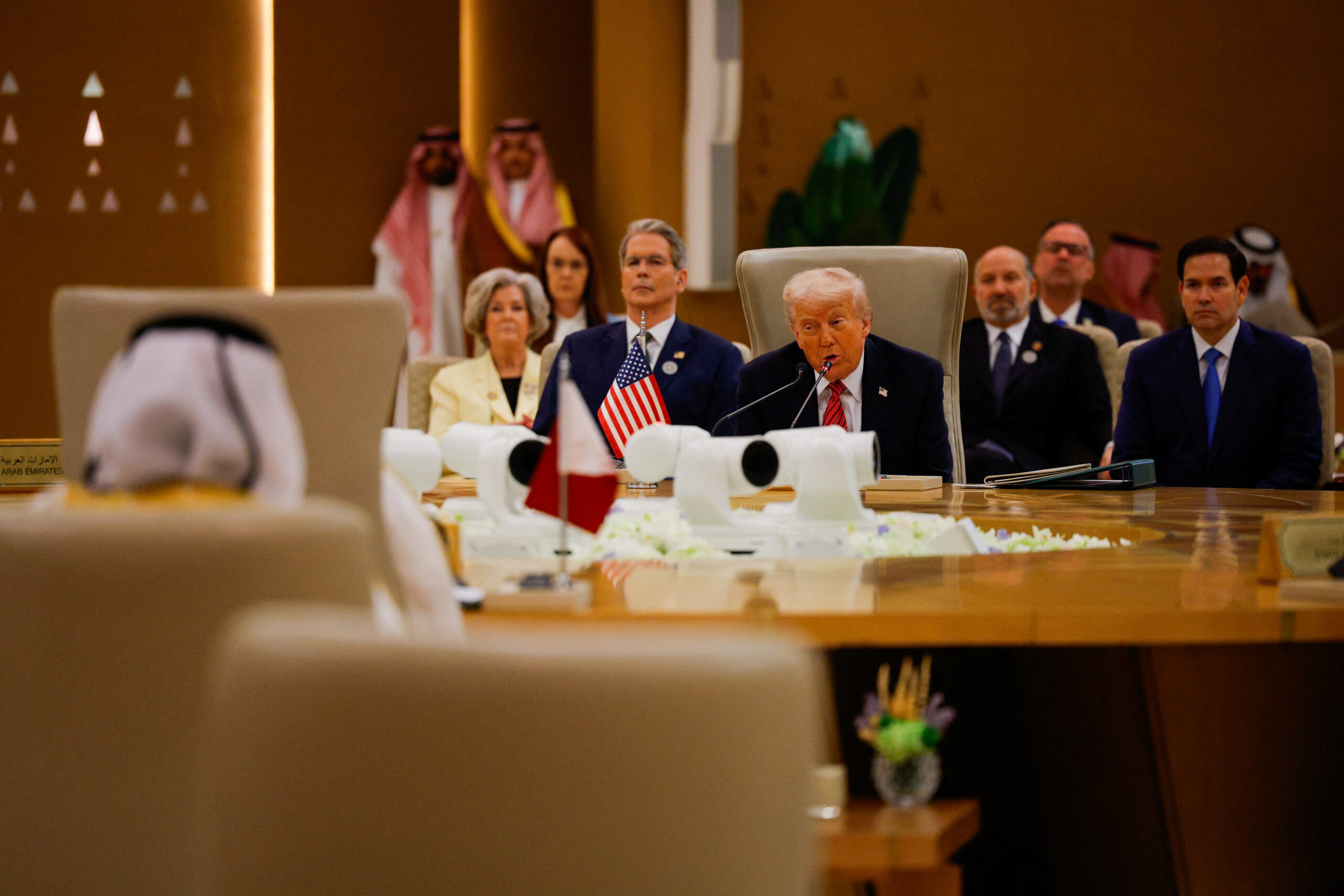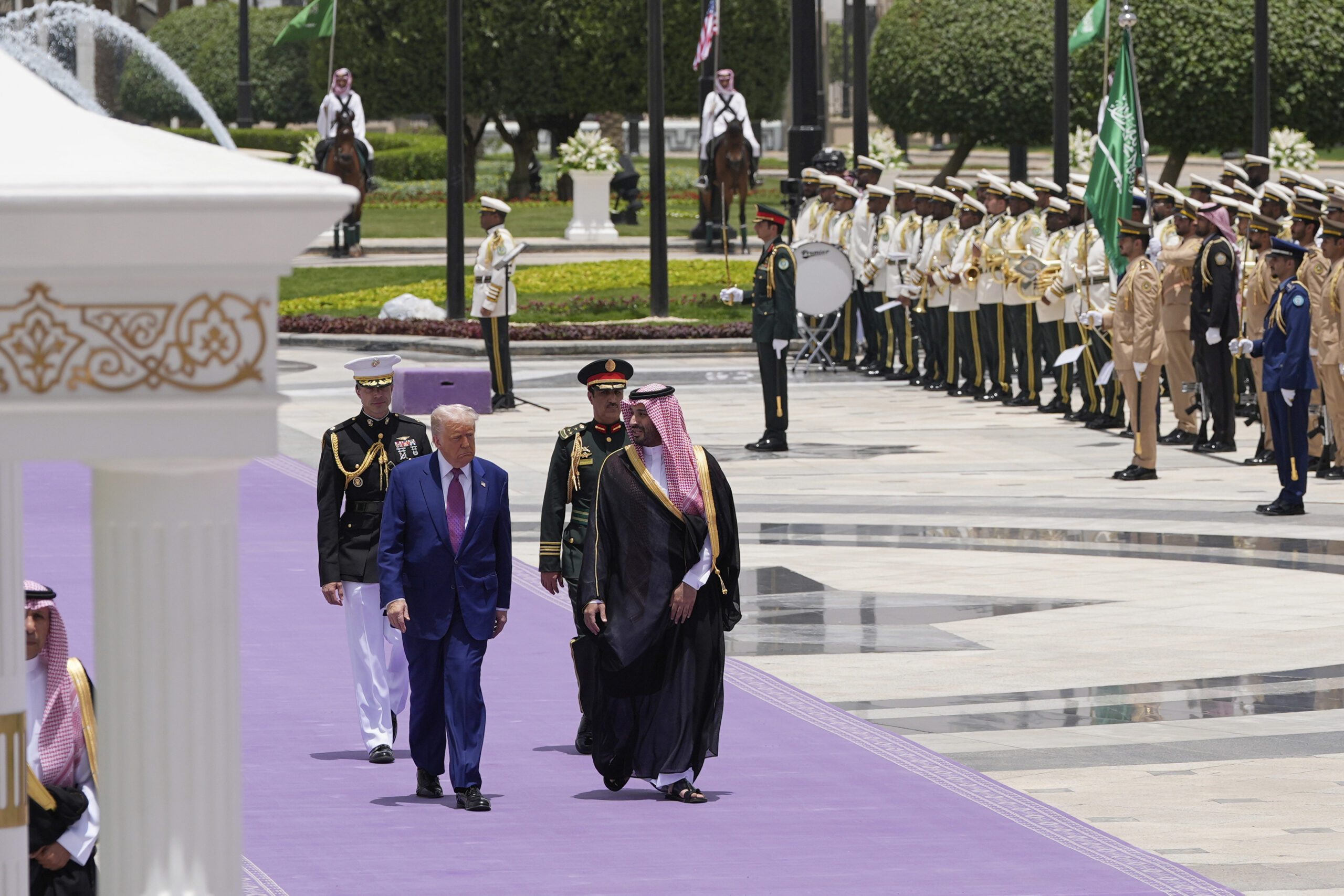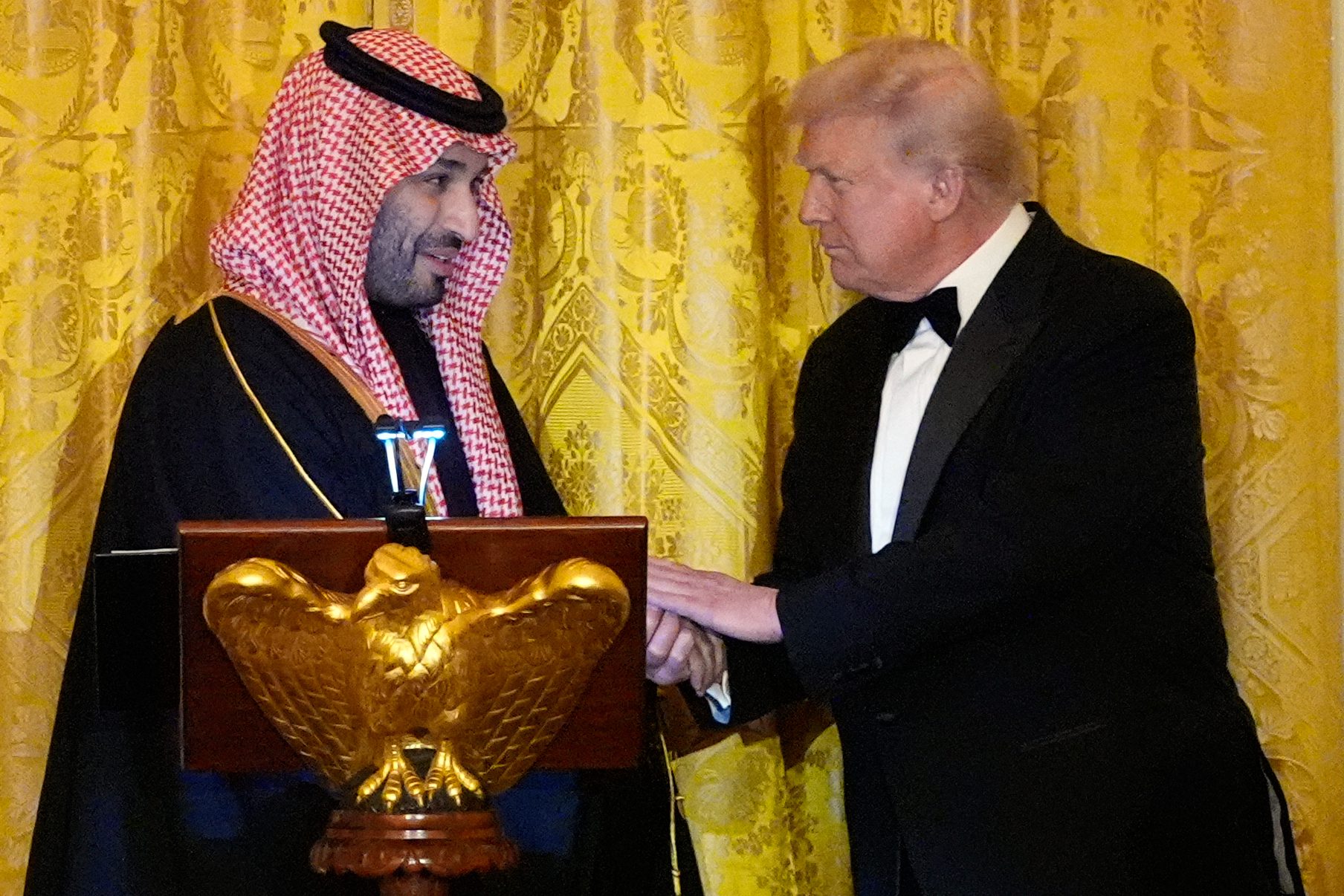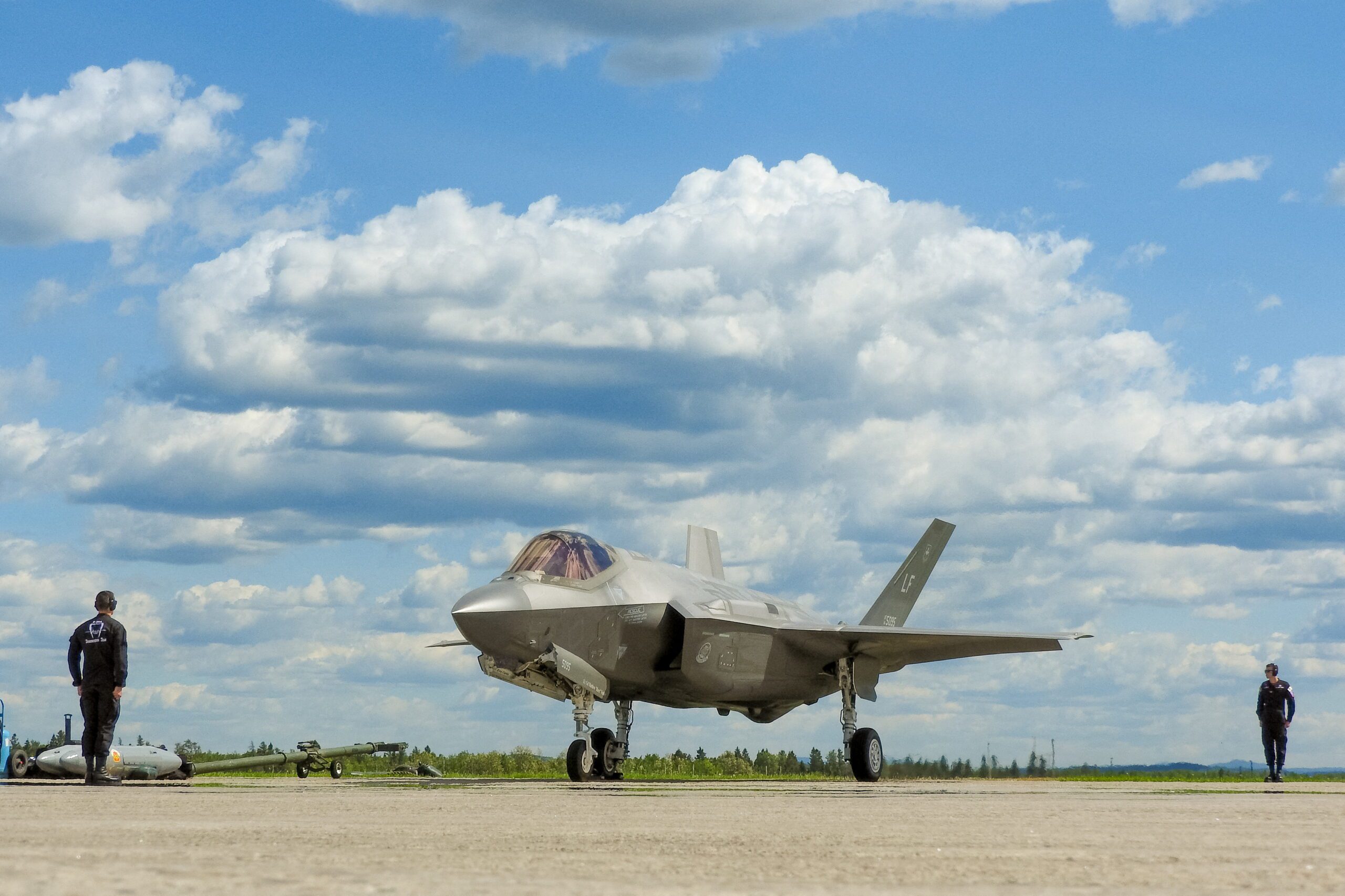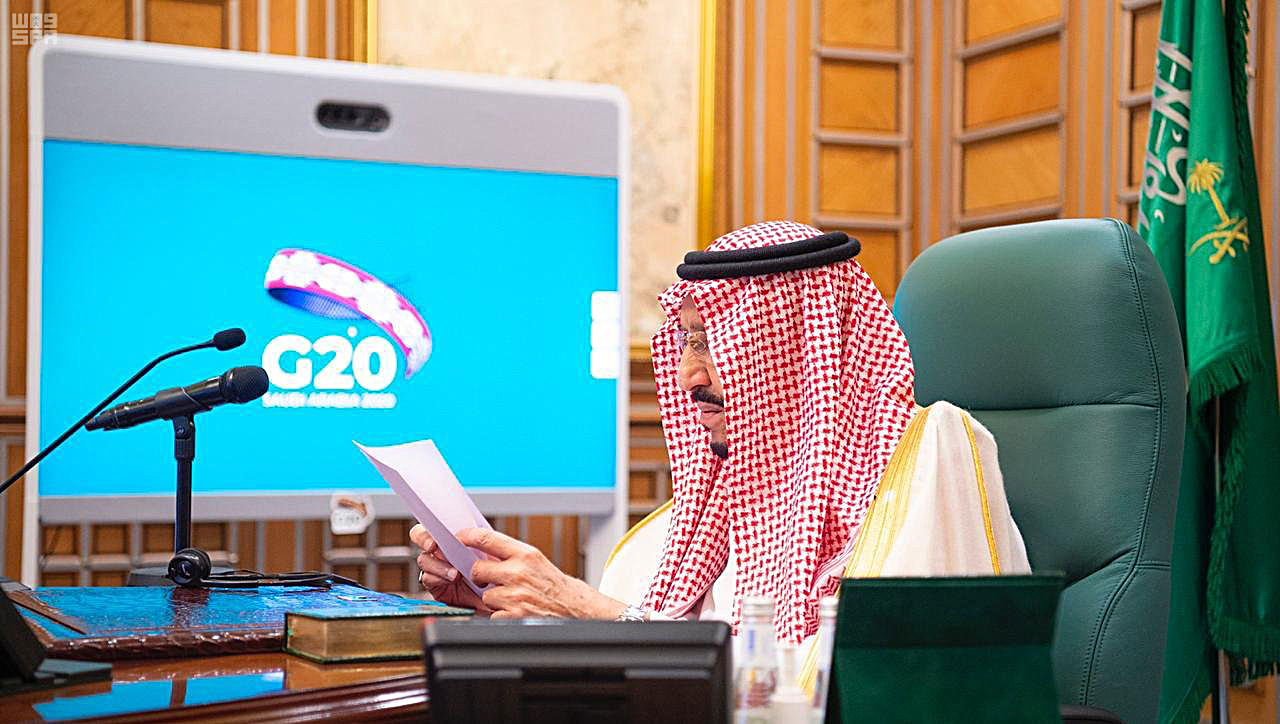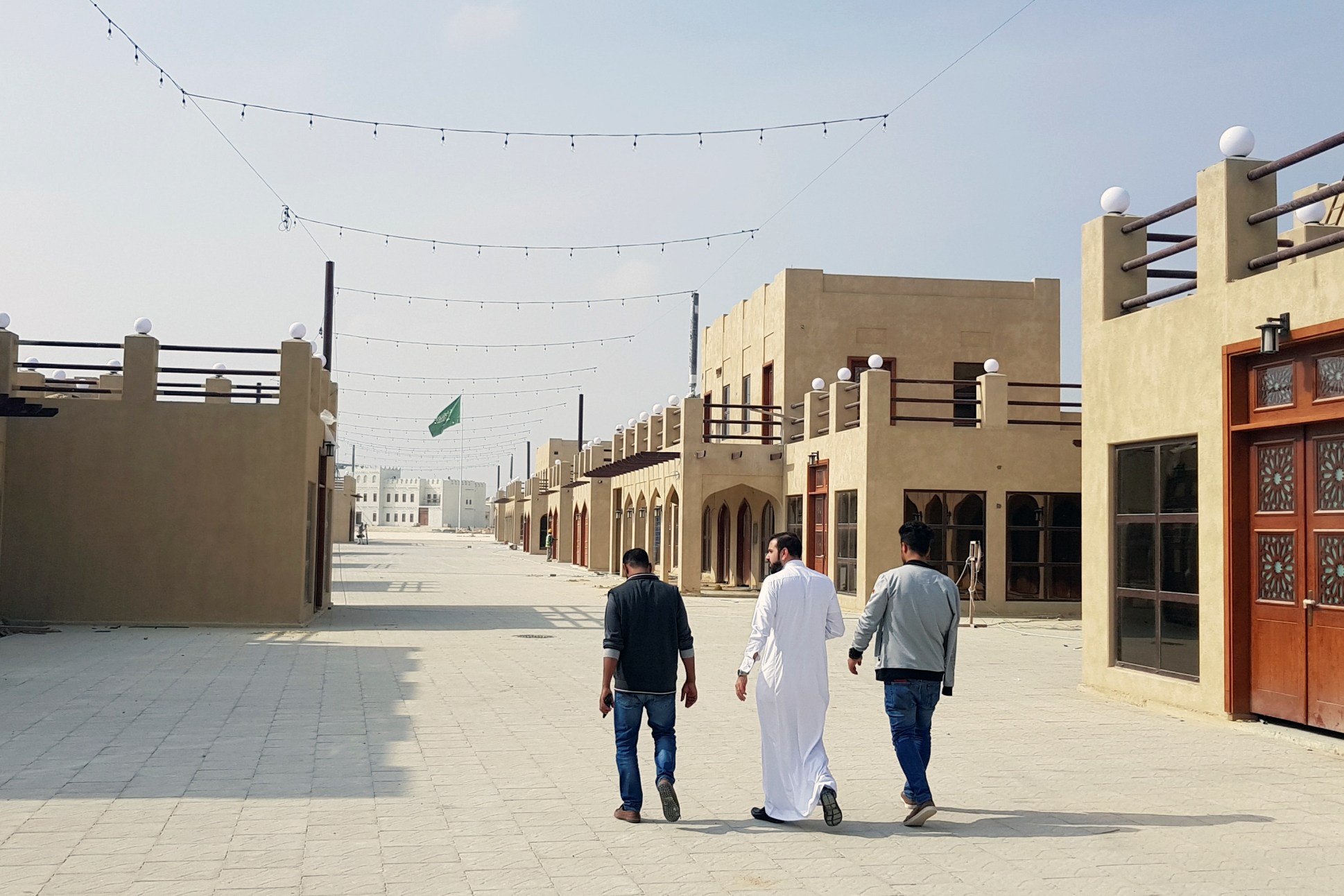A Pact for a Pact? Mohammed bin Salman Brings His Terms to Trump’s Washington
The crown prince’s visit aims to advance the massive economic partnership pledged during President Trump's May trip.
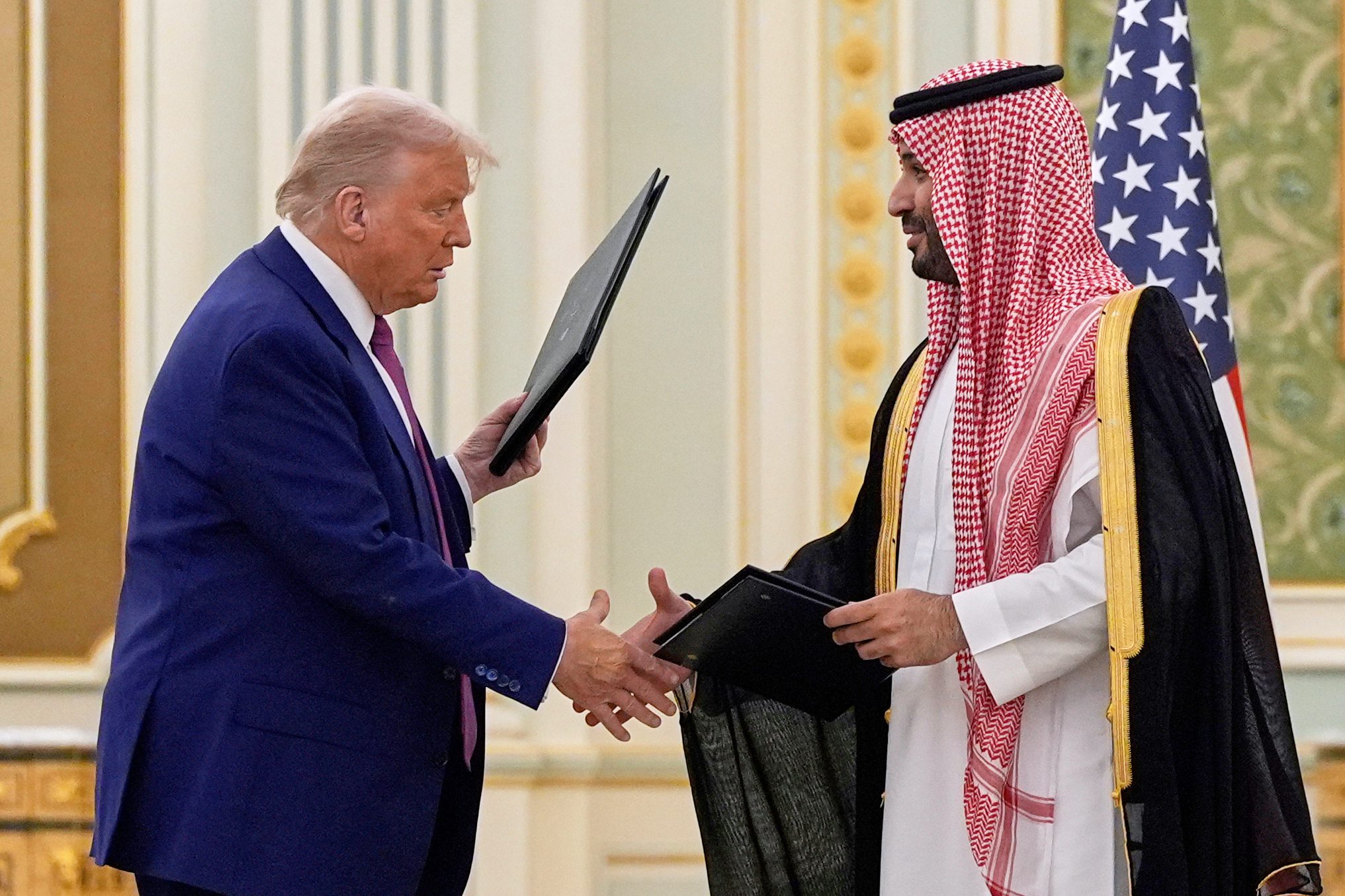
Saudi Crown Prince Mohammed bin Salman is scheduled to meet President Donald J. Trump at the White House November 18. This is not merely a diplomatic courtesy call; it is a high-stakes negotiation at the epicenter of the Trump administration’s core foreign policy duality. As the Gulf country seeks a binding defense pact with the United States, this visit pits the transactional pursuit of “America First” economic deals against the administration’s deeply ideological, pro-Israel, and anti-Iran posture.
Ten months into Trump’s second term, this inherent contradiction defines the U.S.-Saudi relationship. The crown prince’s visit aims to advance the massive economic partnership pledged during Trump’s May trip. However, it also collides with the strategic and political realities created by the administration’s unyielding regional policies, making the grand prize of a U.S.-backed Saudi-Israeli normalization pact a seemingly impossible mission.
The Transactional Carrot: Economics, AI, and Vision 2030
The first and most straightforward pillar of the relationship is economic. Trump’s May visit to Riyadh seemed a resounding success for his transactional diplomacy, securing historic investment commitments. The November 18 meeting is expected to build on this, with agreements on artificial intelligence, defense technology, and civilian nuclear cooperation reportedly on the table.
For the Trump administration, this is a clear victory, promising to “bring jobs home” and anchor U.S. economic interests in the Gulf. For Saudi Arabia, these investments are the lifeblood of Vision 2030. The visit by Mohammed bin Salman is a crucial follow-up to operationalize these pledges. This part of the discussion will be collaborative – both sides want the same outcome. However, the Trump administration is dangling this massive economic “carrot” to achieve a far more complex objective: a full-scale Saudi-Israeli rapprochement.
The Political Atmosphere of the Visit
This visit, Mohammed bin Salman’s first to Washington in over seven years, arrives in a complex political atmosphere. Public and media reactions since the visit’s announcement have been a mix of straightforward reporting on the deliverables – including AI and a defense pact – and skeptical geopolitical analysis.
Notably, the initial reaction from high-profile U.S. politicians has been muted, with few from either party weighing in. This suggests a wait-and-see approach, allowing the administration to absorb any potential criticism for the high-level reset. This U.S. willingness to host the visit, despite predictable criticism from some media quarters, underscores the administration’s transactional focus. Trump is clearly signaling that the potential for a history-making foreign policy “win” and major economic deals outweighs the domestic political noise.
The Ideological Stick: A Hard-Line and Unpredictable Security Stance
The primary obstacle remains the Trump administration’s personnel and the policies they have enacted. The administration’s ideological path was set from its first nominations, particularly figures such as Mike Huckabee as ambassador to Israel. Such appointments have translated into a U.S. policy that fully endorses the hard-line Israeli government’s actions in Gaza.
Furthermore, the administration has paired its transactional diplomacy with a highly aggressive security posture. The June U.S. and Israeli military strikes against Iranian nuclear facilities created a new and dangerous regional reality. While Riyadh strategically benefits from pressure on its primary rival, this “maximum pressure” approach risks a broader conflagration that the kingdom has consistently sought to avoid. This duality places Saudi Arabia in a precarious position: It is being asked to normalize relations with an Israeli government at the precise moment that U.S. policy grants that government full license for actions that inflame Arab and Muslim sentiment.
The Saudi Strategic Calculation: Autonomy and a Principled Stance
Saudi Arabia does not see itself as just another signatory to the existing Abraham Accords. Mohammed bin Salman is acutely aware of his country’s unique status as the Custodian of the Two Holy Mosques and a pivotal power. This is why normalization with Israel is Saudi Arabia’s most powerful diplomatic card. It will not be played merely for economic gains but must be traded for something permanent and transformative. For Mohammed bin Salman, this transformation requires a binding U.S. defense pact, a civilian nuclear program, advanced AI cooperation, and, pivotally, irreversible progress on Palestinian statehood.
The Saudi position on Palestine is not a recent, tactical hurdle. It is a foundational principle of the state’s foreign policy. This stance was first articulated by King Abdulaziz al-Saud, who sent multiple letters to President Franklin D. Roosevelt between 1938 and 1943 demanding the protection of Palestinian rights. It was the central, unresolved issue at their historic meeting aboard the USS Quincy in 1945. This same principle was the basis for the peace initiatives proposed by King Fahd bin Abdulaziz (1981) and King Abdullah bin Abdulaziz (2002). The current government, under King Salman and Mohammed bin Salman, has consistently reinforced this position, especially since the October 7, 2023 Hamas attacks.
An Impasse on the “Grand Prize”
This brings the core conflict of the crown prince’s upcoming visit into sharp relief. The Trump administration is asking Saudi Arabia to trade its most valuable diplomatic asset and abandon a deep foreign policy principle. In return, it offers massive economic and technological investment (which Saudi Arabia is already receiving) and a firm security posture supporting Israel and opposing Iran (which risks regional war) but no meaningful concessions for Palestinians. The Saudi ask for a binding defense pact further complicates the deal, as it requires a level of U.S. commitment that the administration may be unwilling or unable to provide without full normalization.
The administration’s ideological base, personified by figures like Huckabee, makes it politically incapable of – and uninterested in – pressuring the hard-line Israeli government for a two-state solution. For Saudi Arabia, accepting a deal without it is a political and strategic impossibility.
Therefore, while the November 18 visit will likely be portrayed as a public success, characterized by announcements on AI, Vision 2030, and security cooperation, the transactional bridge of economics will not be strong enough to span the profound ideological chasm on the Palestinian question. The “grand prize,” the administration’s “deal of the century,” for now, will remain elusive.
The views represented herein are the author's or speaker's own and do not necessarily reflect the views of AGSI, its staff, or its board of directors.



